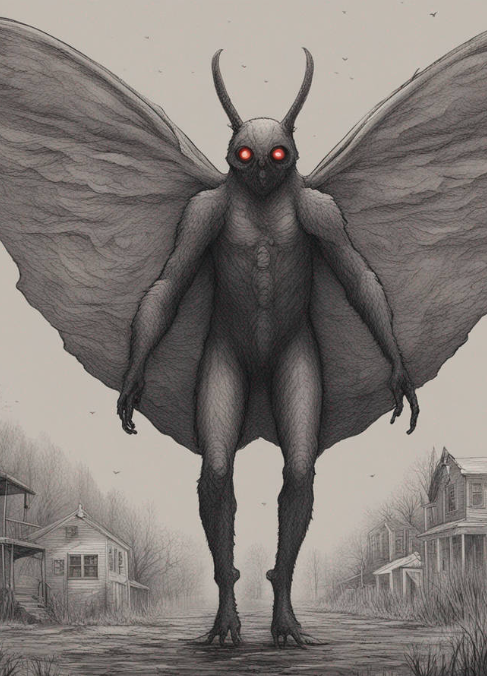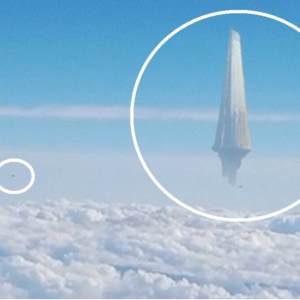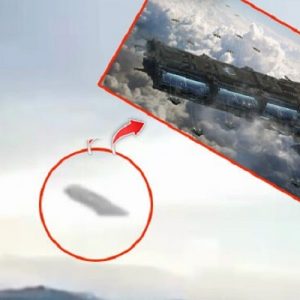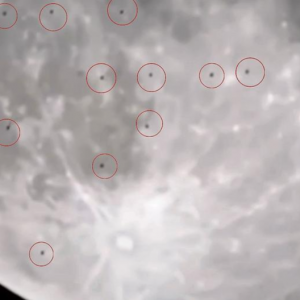In the realm of cryptid lore, few figures loom as large—or as ominous—as Mothman. This striking illustration, with its glowing red eyes, horn-like antennae, and massive, textured wings, breathes new life into the legend. But beyond mere spectacle, it taps into timeless fears: the unknown, the uncanny, and the fragile boundary between myth and reality. Let’s explore how this modern portrayal of Mothman revives an enduring American legend, examines its folkloric roots, and underscores why the winged harbinger still captivates our collective imagination.
Origins of the Mothman Phenomenon
The first recorded Mothman sightings took place in November 1966 near Point Pleasant, West Virginia. Local couples driving past the abandoned TNT munitions plant reported a seven-foot-tall figure with huge wings and glowing red eyes, standing amidst the shadows. Over the following weeks, dozens of residents, police officers, and even airport personnel made similar claims. What began as a local oddity soon became national news—especially after the tragic collapse of the Silver Bridge in December 1967, which many linked to Mothman’s appearance as an omen of disaster.
Anatomy of the Red-Eyed Cryptid
This modern rendering of Mothman captures the creature’s most terrifying attributes:
- Glowing Red Eyes: These signal both menace and melancholic intelligence—eyes that see too much.
- Horn-Like Antennae: Reminiscent of moths’ sensory organs, they heighten Mothman’s insectoid mystery.
- Massive, Featherless Wings: Textured like bat membranes or giant moth wings, they suggest both power and silent flight.
- Humanoid Form: A muscular torso and digitigrade legs bridge the gap between man and monster, unsettling our sense of familiarity.
Together, these features create an entity that feels both eerily plausible and entirely otherworldly.

Folklore Foundations: Mothman in Myth and Legend
Cryptid researchers trace Mothman’s lineage to ancient winged beasts and omens:
- Garuda: In Hindu mythology, this eagle-man hybrid symbolizes both divine power and protection.
- Will-o’-the-Wisps: Folkloric spirits that lure travelers off safe paths, often associated with danger in marshy terrain.
- Harbingers of Doom: Across European legends, flickering lights, giant birds, and shadowy figures foreshadow calamity.
Mothman inherits these traditions, acting as a modern sentinel—often warning of human-made or natural disasters.
Psychology of the Cryptid Encounter
Why do so many people report seeing Mothman? Experts point to psychological phenomena:
- Pareidolia: Our brains are wired to recognize faces and figures in ambiguous patterns—leaf shadows, power lines, and distant trees can morph into winged silhouettes in low light.
- Mass Hysteria: Initial sightings trigger widespread attention and stress, heightening suggestibility and group reinforcement of the legend.
- Stress and Environmental Cues: Encounters often occur near industrial ruins or in liminal spaces—abandoned sites, foggy roads—where ambient cues prime witnesses for fear.
These factors combine to produce compelling, yet unverified, accounts that feed the Mothman myth.
Mothman in Pop Culture: From Page to Screen
Since the 1960s, Mothman has soared into popular media:
- “The Mothman Prophecies” (1975 Book & 2002 Film): John Keel’s investigative memoir, and the subsequent Richard Gere thriller, dramatized Mothman’s connection to the Silver Bridge tragedy.
- Annual Mothman Festival: Each September, Point Pleasant hosts lectures, costume contests, and bridge tours celebrating the winged legend.
- Graphic Novels & Art: From indie comics to gallery shows, artists reinterpret Mothman’s image—like the red-eyed illustration above—emphasizing his eerie beauty and symbolic weight.
This cultural resonance ensures Mothman remains more than a local ghost story—he’s a national icon of mystery and suspense.
Modern Sightings: Mothman Beyond West Virginia
While Point Pleasant is Mothman’s birthplace, reports have surfaced elsewhere:
- Chicago Suburbs (2017): Multiple drivers claimed to see glowing-eyed, bat-like figures near highway overpasses.
- California Desert (2019): Campers near Joshua Tree National Park reported a silent, winged shape fluttering above their campsite.
- Online Dashcam Footage: YouTube hosts dozens of clips showing fleeting silhouettes and reflective eyes, though none have been authenticated.
These scattered encounters suggest either a spreading legend or an archetypal monster resurfacing in new locales.

Scientific Explanations and Skepticism
Skeptics offer natural explanations for Mothman sightings:
- Owl and Crane Misidentifications: Large birds at dawn or dusk—great horned owls, sandhill cranes—can produce odd shapes and reflective eyes when caught in headlights.
- Atmospheric Phenomena: Unusual light refractions, gas emissions, and power line shadows can create illusions of glowing figures.
- Hoaxes and Pranks: Some videos and photos are deliberate stunts, aimed at internet clicks and local tourism.
Despite decades of investigation, no physical evidence—no bones, no wing casts—has ever been verified.
Why Mothman Endures: The Allure of the Unexplained
Mothman’s continued relevance speaks to deep-seated human desires:
- Mastery of Fear: Facing a creature that blurs the line between human and monster lets us confront primal anxieties in a controlled way.
- Search for Meaning: Linking sightings to disasters imbues randomness with purpose, offering narratives that help us process tragedy.
- Community and Identity: Festivals, fan clubs, and local lore create bonds among believers, turning a frightening figure into a shared cultural touchstone.
In an age of rationalism, Mothman stands as a testament to our enduring need for wonder—and for mysteries that resist tidy explanations.
Conclusion: The Winged Enigma Flutters On
Whether you see Mothman as a misidentified bird, a collective hallucination, or a genuine supernatural entity, one truth remains: this red-eyed, winged humanoid captures our imagination like few other cryptids. His silhouette on a deserted road reminds us that the unknown still awaits—just beyond the edge of our headlights. As long as forests whisper with shadow and highways disappear into blackness, the legend of Mothman will continue to soar, urging us to look up, wonder, and embrace the thrill of not knowing what might emerge from the darkness.





